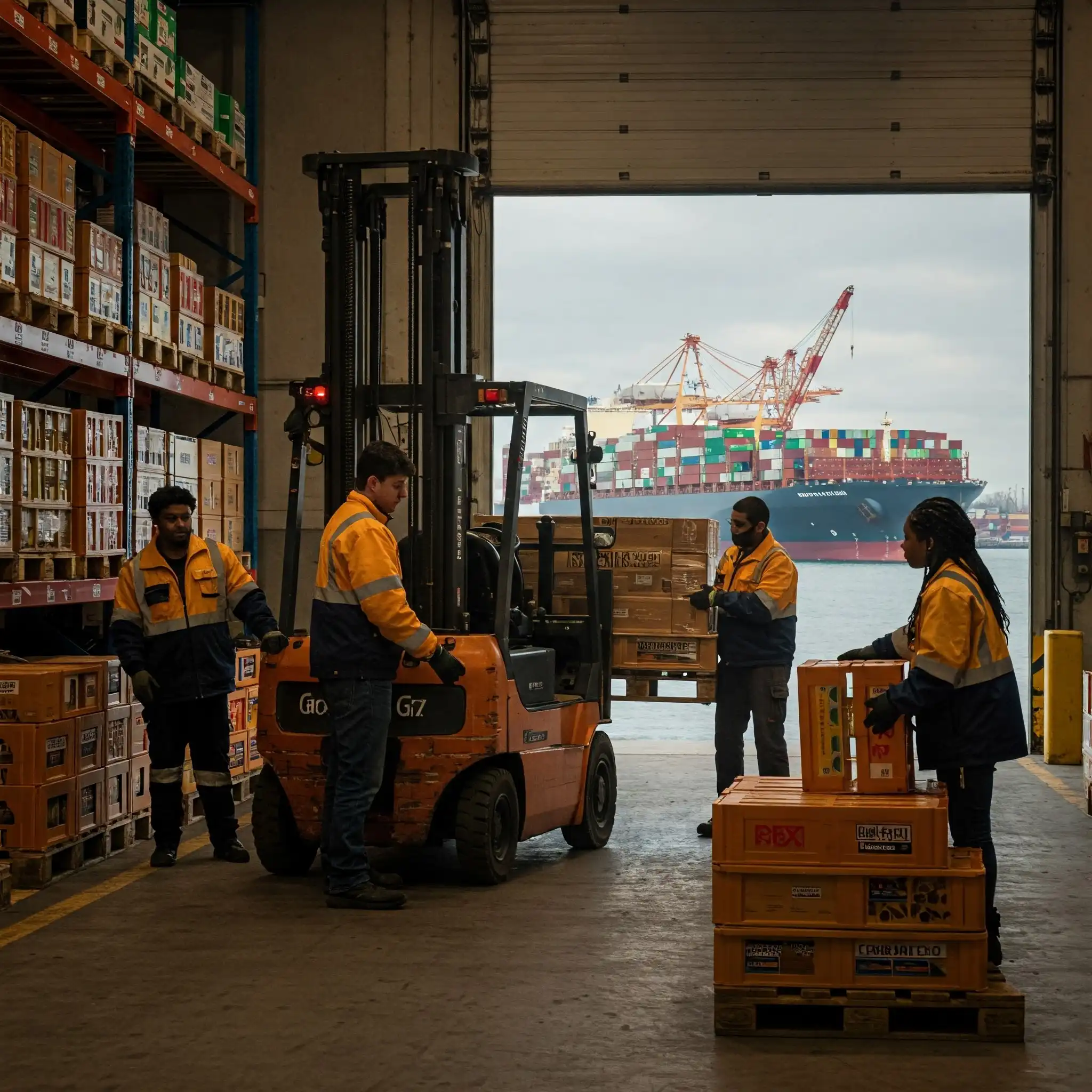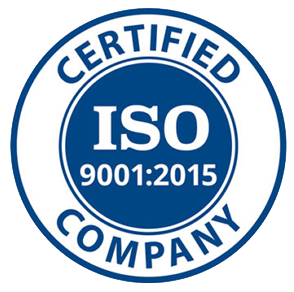Blog
smart importing how to choose the-best suppliers from abroad

In today’s global era, importing goods and raw materials from abroad has become an integral part of many companies’ operations. The import process offers many opportunities, such as access to a wide range of products, lower production costs, and advanced technologies. However, choosing the wrong suppliers can lead to product quality issues, delivery delays, and financial losses. This article will review the key steps and considerations in smartly selecting suppliers from abroad, while addressing the importance of building long-term relationships for companies like Mano Group.
Defining Clear Needs and Goals
The first step in choosing a good supplier from abroad is to clearly define the company’s needs and goals. What exactly are we looking to import? What are our quality, quantity, and schedule requirements?
- Impact: A precise definition of needs will help focus the search for suitable suppliers and prevent wasting time and resources on suppliers who cannot meet the requirements.
- Implementation at Mano Group: Before starting the search process, we define in detail the specifications of the products or raw materials we wish to import, including technical standards, quality requirements and required quantities.
In-depth market research and locating potential suppliers
After defining the needs, the next step is to conduct in-depth market research to locate potential suppliers in different countries. There are several ways to locate suppliers, such as participating in international exhibitions, using online trading platforms, contacting embassies and commercial attachés, and receiving recommendations from industry figures. - Impact: Thorough market research will allow you to get to know the key players in the market, compare different offers and identify suppliers with a good reputation and relevant experience.
- Application at Mano Group: We regularly participate in international exhibitions in our fields of interest, use leading B2B platforms and maintain contacts with trade organizations to locate quality suppliers from around the world.
Supplier Evaluation and Background Check
After identifying several potential suppliers, a comprehensive assessment must be performed on each of them. This includes checking the company’s background, its experience in the field, its reputation, the quality certificates it has and previous customers. - Impact: A thorough assessment will help reduce the risk of working with unreliable suppliers or those that do not meet the required standards. A comprehensive background check can save future problems and prevent financial and reputational damage.
- Application at Mano Group: We perform comprehensive background checks on each potential supplier, including checking licenses, permits, financial reports and recommendations from previous customers. Whenever possible, we visit the suppliers’ production facilities to get a first-hand impression of their quality and professionalism.
Request for quotes and comparison
After screening potential suppliers, you should contact them with a request for detailed quotes. Make sure that the quotes include all relevant costs, such as product price, transportation costs, duties, taxes and payment terms. - Impact: A careful comparison of the quotes will allow you to choose the most economically advantageous offer, taking into account the quality of the products and the terms of delivery.
- Implementation at Mano Group: We make sure to receive detailed quotes from several suppliers and make a comprehensive comparison of all cost components and transaction terms before making a decision.
Product quality check (samples and tests)
Before committing to a large order, it is important to check the quality of the products offered. This can be done by requesting samples, conducting independent quality tests or using third-party quality testing services. - Impact: Early quality testing will help ensure that products meet the required standards and prevent shipments of defective or non-conforming products.
- Implementation at Mano Group: We require samples of raw materials or finished products before approving a large order. In some cases, we perform quality tests in certified laboratories to verify compliance with standards.
Negotiation and Agreement Formation
After selecting the right supplier, the terms of the deal should be negotiated, including price, payment terms, delivery schedules, warranties, and dispute resolution mechanisms. A written, detailed agreement should then be drawn up that documents all understandings. - Impact: A clear, detailed agreement will protect both parties and prevent future misunderstandings and disputes. Successful negotiations can lead to better deal terms and cost savings.
- Implementation at Mano Group: We make sure to thoroughly negotiate all terms of the deal and sign a detailed import agreement that protects the company’s interests.
Building Long-Term Relationships
A smart choice of overseas suppliers does not end with the signing of the initial agreement. Building long-term relationships with reliable suppliers can yield many benefits, such as better trade terms, collaboration in new product development, and faster response to changing needs. - Impact: Long-term relationships are based on trust and mutual understanding, and can contribute to supply chain stability and joint growth.
- Implementation at Mano Group: We strive to build long-term relationships with our key suppliers, maintain open and ongoing communication with them, and seek opportunities for collaboration and continuous improvement.
Smart importing requires careful planning, in-depth research, thorough assessment, and building strong relationships with reliable suppliers. By adhering to these steps, companies like Mano Group can ensure a high-quality and stable supply of products and raw materials from abroad, and improve their competitiveness in the global market.


